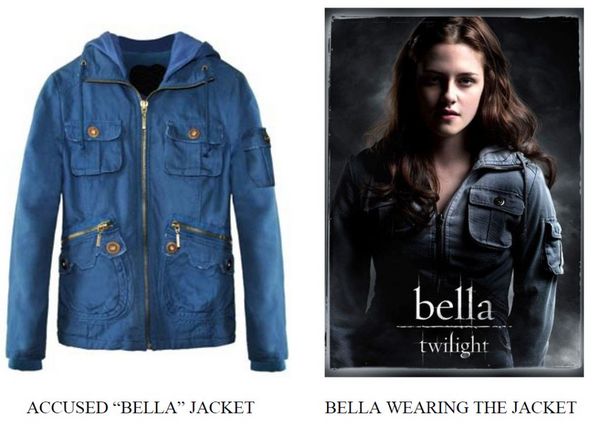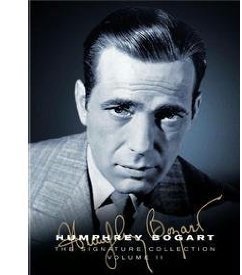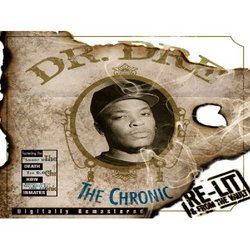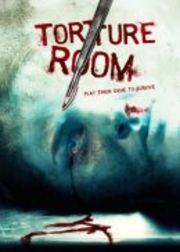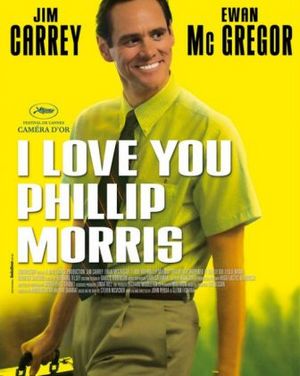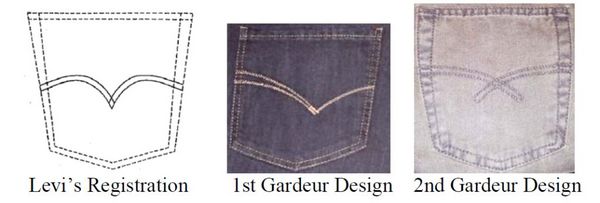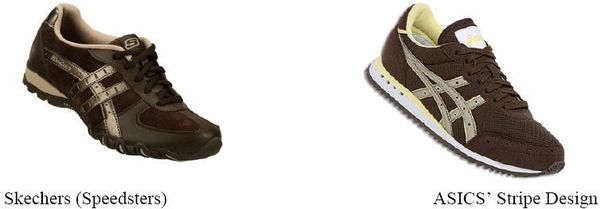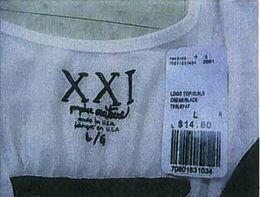 Los Angeles, CA – Forever 21 is the ubiquitous clothing and accessories retailer that began doing business in 1989. Forever 21 is the owner of numerous USPTO registrations for its “21” family of trademarks, including “Forever 21”, “XXI” and “XXI forever”.
Los Angeles, CA – Forever 21 is the ubiquitous clothing and accessories retailer that began doing business in 1989. Forever 21 is the owner of numerous USPTO registrations for its “21” family of trademarks, including “Forever 21”, “XXI” and “XXI forever”.
In December of 2009, Plaintiff asserts that it demanded that Defendant immediately stop using Plaintiffs’ trademarks on clothing and to remove the Forever 26 sign from its retail outlet. Defendant allegedly agreed to do so, but Plaintiff claims that it recently obtained evidence of Defendant’s continued use of Plaintiff’s marks. Thus, the instant lawsuit was filed for trademark infringement, unfair competition under the Lanham Act § 43(a) (15 U.S.C. §1125(a)), and dilution.
This is not Forever 21’s first court rodeo, but it’s one of the few as a Plaintiff. As Stylist.com put it: “Forever 21 has been sued for copyright infringement so many times, we’ve lost count.” The case is Forever 21, Inc. v. Forever 26, CV10-4331 CBM (C.D. Cal. 2010).
 Los Angeles Intellectual Property Trademark Attorney Blog
Los Angeles Intellectual Property Trademark Attorney Blog



